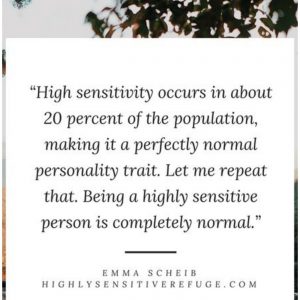If you’ve ever tried inhaling some pollen from plants,
or eating something and finding out afterwards that
you’re covered in red blotchy spots or some other
nasty effect after you eat, then you’ve experienced
firsthand the effects of Allergies.
In common usage, an allergy is an adverse reaction
toward what is called an allergen, or specifically,
the material that causes the allergic reaction.
What Happens When You Come In Contact With An
Allergen?
When you ingest something that causes an allergic
reaction in your body, the immune system is said to be
hyperactive to this material, and with that, the
immune system activates to quash what it sees as a
threat. But it’s actually not, and is quite harmless
and garners no excess bodily reaction in other people.
Once the body’s immune system releases antibodies as a
response to the allergen, it causes the release of
histamine into the bloodstream, which is what causes
you to get teary-eyed and have a runny nose or
whatnot.
Common Allergens In People
Probably the most common source of allergic reactions
in most people is in their food. Whether its
shellfish, or mushrooms, or even something mundane
like a vegetable, allergic reactions from food are
quite common.
And if you’ve been stung by an insect and notice
excessive swelling from the locality of the bite, then
you’ve got an allergic reaction from that bite.
There are even cases of extreme allergic reactions to
bee stings, resulting in anaphylactic reactions.
Chemicals and medicine also fall into the category of
being a common source of allergic reactions.
If you’ve got to have antibiotics as prescribed by the
doctor, make sure that your body doesn’t have an
allergy to materials in your medicine.
Treatment and avoidance of allergies
Should you suspect that you’re having an allergic
reaction to something, consult your doctor so that he
or she can refer you to an allergist, which is a type
of specialization for doctors in the field of
allergies.
He or she can do the testing on your suspected
materials and verify your suspicions and prescribe
medicines or give your advice on what to do about your
reaction. But sometimes, antihistamines are not
enough, though that’s the most common medicine to
combat allergic reactions.
Sometimes you have to avoid contact with the allergen
at all costs, as enough exposure could possibly lead
to disastrous results in your body.
Make sure you know exactly what materials you are
allergic to so that you can avoid even trace
quantities of it in other things.
Avoidance is also a good method of preventive
treatment, since you won’t have allergic reactions
when you aren’t exposed to allergens.
One method of treating allergens is to give a person
immunotherapy, exposing the person with the allergy to
minute quantities of his or her allergen.
The immune system learns to cope with these materials,
developing immunity and preventing future allergic
reactions. This is particularly effective for airborne
particles, less so for food allergies, which might
cause reactions even though you’ve undergone
treatment.
Almost all people have allergies of one sort to
another, and it varies widely when it comes to what
they’re allergic to. Once you find out your allergen,
you can avoid it and prevent unpleasant reactions from
your body, or even get treatment so that you can
develop immunity and remove the allergic reaction from
your body.




